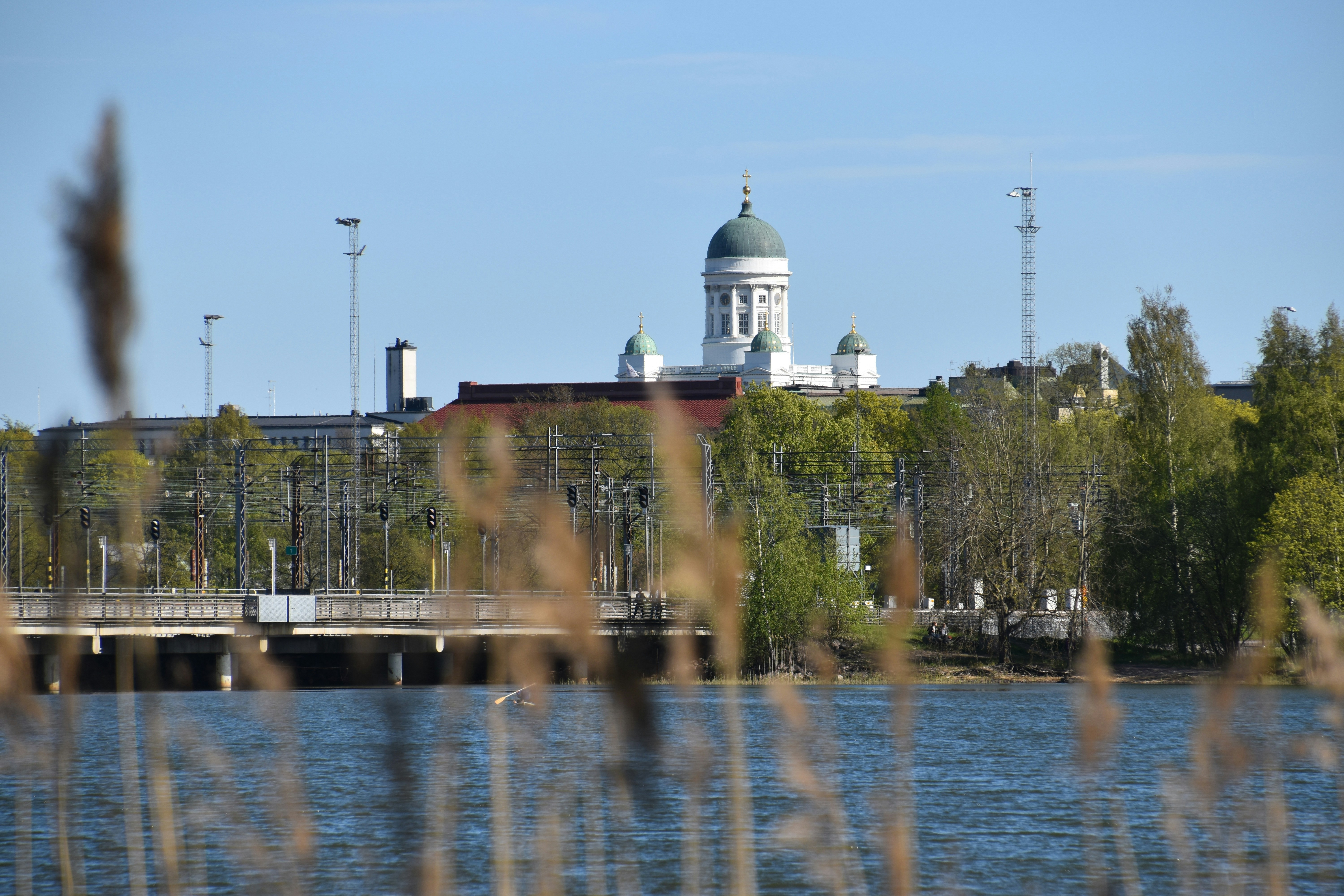Hi, I’m Joona. Let’s talk!
I moved from Joensuu to Töölö twelve years ago to study at Aalto University School of Business. I’ve also studied abroad at LSE in the UK, and served as President of Student Union (AYY). Currently, I lead the global retail operations of the technology company Wolt.
I’m running for Helsinki city council to help build an even more sustainable, smart, and responsible city. Achieving this requires bold climate and environmental policies driven by business and technology. Supporting entrepreneurship is one way to accelerate a shift to sustainable technologies which are key for achieving economic growth.
I chose the Greens as my party because for us, the environment and progressiveness are always priorities. I want to strengthen the party’s expertise in economics and technology and build stronger collaboration among entrepreneurs. In my view, being green means making collective decisions that nudge us toward smarter choices.
Being green doesn’t mean being perfect — it’s a process. I strive for change in my personal life, but I still consume a lot: I ride a motorcycle, travel, and enjoy all types of food. All of our choices matter, but I believe that the greatest impact is done through systematic decision-making. In just a decade, we can make significant progress if we focus on the most substantial sources of emissions, such as energy production and construction.
Let’s take Helsinki to the next level.
Capital of Growth – a great place to start and build businesses
Startups create jobs, generate tax revenue, tackle the challenges of our time, and keep Helsinki — and all of Finland — connected to global developments. That’s why Helsinki must become the world’s best place to start and grow companies — a model for growth policy across the country.
I propose that Helsinki would aim to increase the number of startups tenfold by 2035. By then, Helsinki should have more companies worth over €1 billion than Stockholm. To achieve this goal, we can start with the below actions:
- Simplify immigration for talent, especially by improving services for them and their families.
- Send a strong signal of the city’s commitment to green transition investments — we need Helsinki and Helen (the city’s energy company) firmly committed to carbon neutrality targets.
- Reallocate part of the city’s financial investments into local venture capital funds to make them even more attractive to international capital.
Streets Full of Life – local experiences and easy to move around
Local entrepreneurs are the lifeline of the city. It’s important that Helsinki provides spaces for experiences like restaurants, shops, new technology, and culture. The city should live, grow, and change through the years.
For small players, great transport connections and the ability to serve the changing needs of people are essential for success. The following actions could enhance how Helsinki can support them:
- Introduce a free zone for public transport in the city center alongside excellent walking and cycling infrastructure.
- Simplify the process for changing the zoning of commercial spaces and buildings as the city evolves.
- Implement incentives in tenders to shorten the duration of street renovations and improve planning to avoid renovating the same streets multiple times in a row.
Smart Helsinki – a financially responsible and technology-friendly city
Ultimately, economic growth and entrepreneurship are means to create wealth and well-being for the city’s residents. At the same time, financial responsibility is essential to build room for future investment: the city must adhere to long-term plans and avoid overspending.
The city should use its residents’ tax money only to what benefits them most. It should also be open-minded towards new technologies that can improve services. A more financial responsible and tech-friendly Helsinki can be promoted, for example through the following measures:
- Strengthen the team specializing in IT systems procurement and security, ensuring long-term development by keeping individual projects manageable in size. Offer data and systems as open-source whenever possible.
- Set a clear, ambitious goal for public transport utilisation ratio. Design routes, schedules, and pricing to significantly increase the number of completed trips.
- Introduce bonuses for city employees and employees of city-owned companies who develop solutions that improve workplace well-being or efficiency.



.png)